We review the latest on the ESG puzzle for allocators while also outlining how Vidrio Financial looks at ESG scoring.
David Barry, Director of Marketing, Vidrio Financial
‘Greenwashing’, is a cringe-worthy term for any allocator today, which essentially is defined as the disinformation disseminated by an organization so as to present an environmentally responsible public image. Allocators need to take special note of this term as more capital is being poured into funds that tout stronger environmental, social, and governance, (ESG) frameworks. According to a recent Morningstar report, ESG mutual funds and ETFs took in close to $120 billion in the first half of 2022, with total assets invested in ESG funds at $2.47 trillion through June 2022.
SEC ESG Disclosures for Allocators
As the SEC and others debate these rules, we thought it would be beneficial to provide a quick summary of the proposed rules on ESG. These are currently targeting Integration Funds, ESG-focused funds, and Impact Funds. Details on the initial rules are:
- ESG strategies would now have specific disclosures in annual reports, marketing materials, and more.
- ESG funds would need to be compared quickly across some sort of table for investor benefits.
- ESG funds would now disclose greenhouse gas emissions providing its as part of their investment strategy.
Regulators from the EU to the US, are constantly banging the drum on pushing for more comprehensive rules on what exactly constitutes an ESG fund and how much the fund managers adhere to the latest policies. To make matters worse, larger U.S. institutional investors are also subject to EU rules, which in our opinion may lead to more ‘global’ ESG standards for investors, (learn more about how Vidrio can help with ESG monitoring today).
The question then becomes what standards would make the most sense as the single rulebook to follow when reporting investments that are ESG compliant. In a letter by Steven Maijoor, Chair of the Board of Supervisors of the European Securities and Markets Authority (ESMA), he mentions that when compared with credit ratings, ESG ratings display very low levels of correlation across providers leading to issues down the investment value chain. The letter goes on to provide an example where a high-polluting industry could obtain a high environmental score from ESG rating providers which would lead to higher levels of investor confusion and a deeper need for greater transparency. With this increased level of transparency, you would in theory be able to minimize the risk around:
- Capital misallocation – Cathy Wood, CEO, ARK Invest stated back in August, that ESG investing has gotten out of hand, further explaining, “there was a lot of slapping lipstick on a pig and basically any portfolio being promoted as ESG”. This essentially worked out that everything renewable is being given a thumbs up in valuations and everything fossil-fuel-related is awful and should be avoided.
- Conflicts of interest – one example could involve politics and how political goals impact ESG investments. Where do the tradeoffs happen when considering investor returns? If you’re managing a fund and maximizing returns, can you divest your holdings from all fossil fuels and still count on higher performance?
- Product Mis-selling – simply stated this has been heightened as the demand for ESG has grown and the rush of investors have sought out more “ESG” branded investment products. The issue now becomes a buyer/investor beware, as ESG claims need to be substantiated as well as adhere to future regulations. Terms that you should be aware of during your own ESG diligence would include: sustainable investing, responsible investing, socially responsible investing, and more that are clearly misaligned with the investment strategy being undertaken.
Asset managers look to be taking product mis-selling seriously as most recently BlackRock has appointed a new CFO, Martin Small who used to be head of the Wealth Advisory Business. BlackRock is also renaming its sustainable investing department to Sustainable and Transition Solutions in hopes of calming both sides of the political aisle. Also of note, according to BCG research one third of asset managers were at risk of losing +20% of their mandates due to product mis-selling when it came to ESG badging.
Vidrio’s ESG Approach
The importance of ESG is being seen across the allocation community and understanding the impact and regulation playbook will take some time to develop. In seeing the demand by investors for better ESG applications, Vidrio embarked on a journey to allow clients the flexibility to run various ESG scenarios and develop a score as part of the investment teams’ analysis. Given the lack of standardization in the ESG space (despite the rising tide of regulations), ESG scoring inside Vidrio can incorporate both qualitative and quantitative data ranging from risk factors to companies and more.
To learn more about how Vidrio solves the ESG puzzle for asset managers, endowments and foundations, pensions, sovereign wealth funds, and more, click here.






